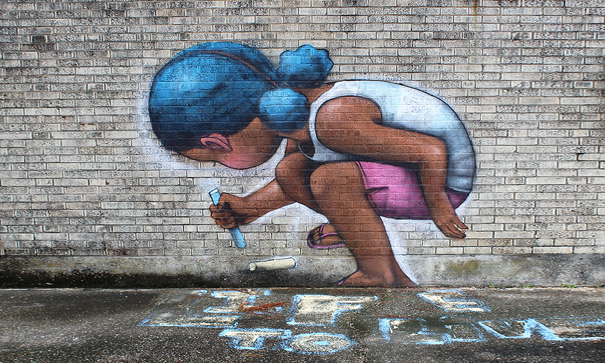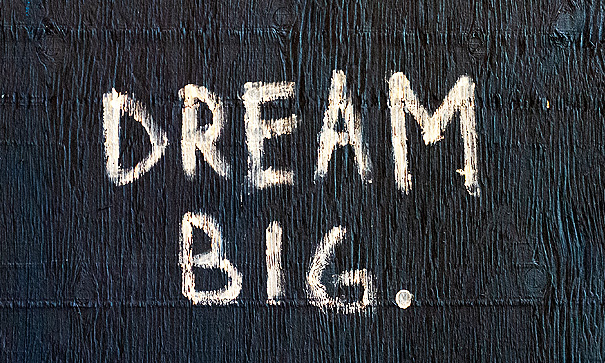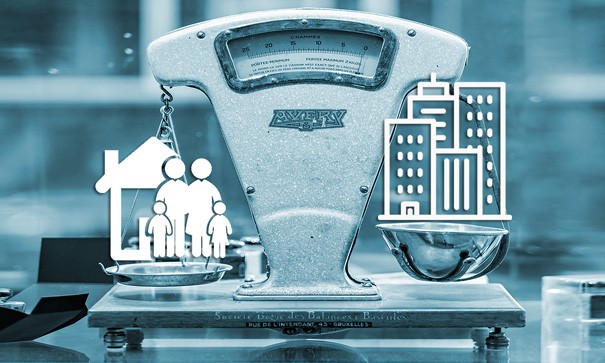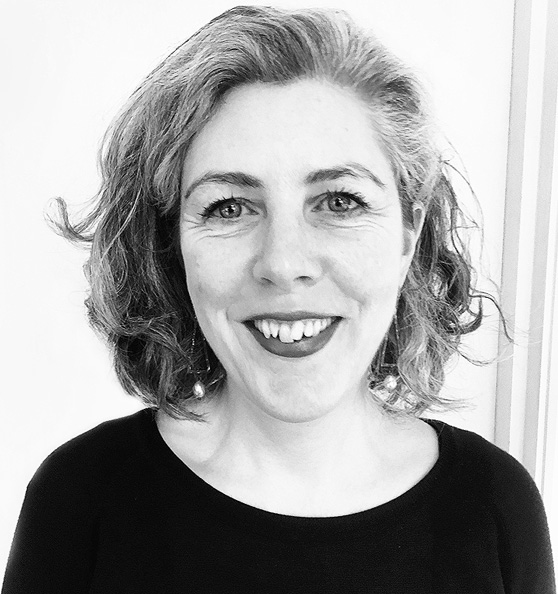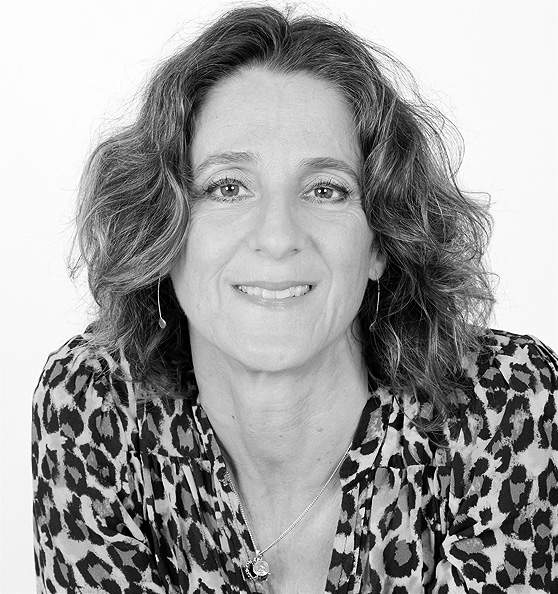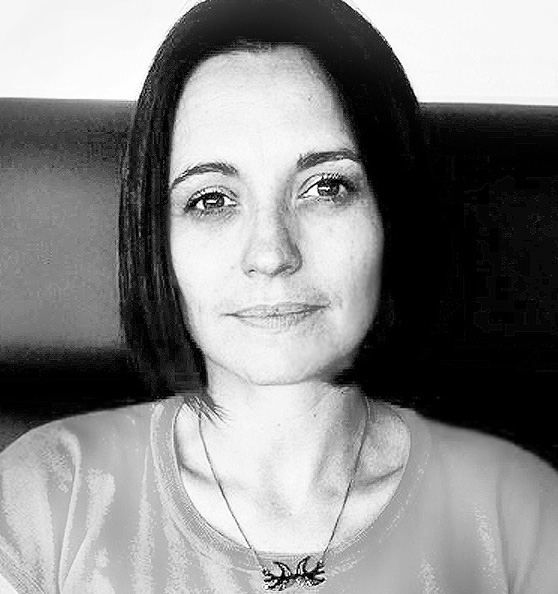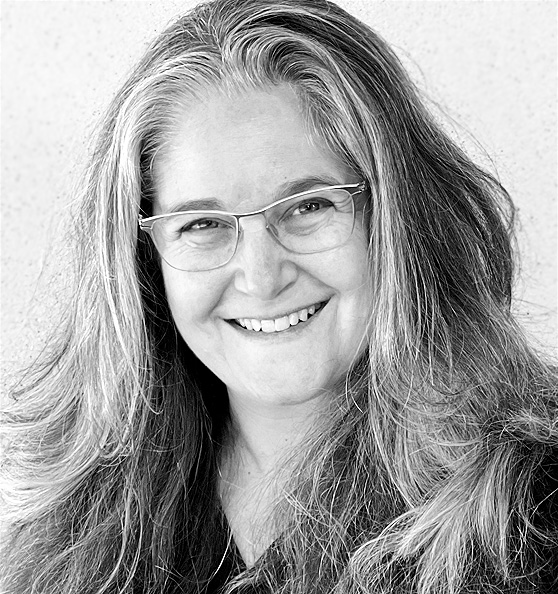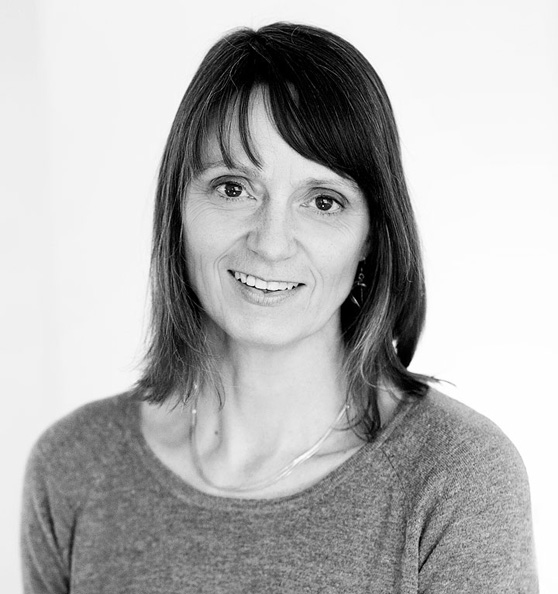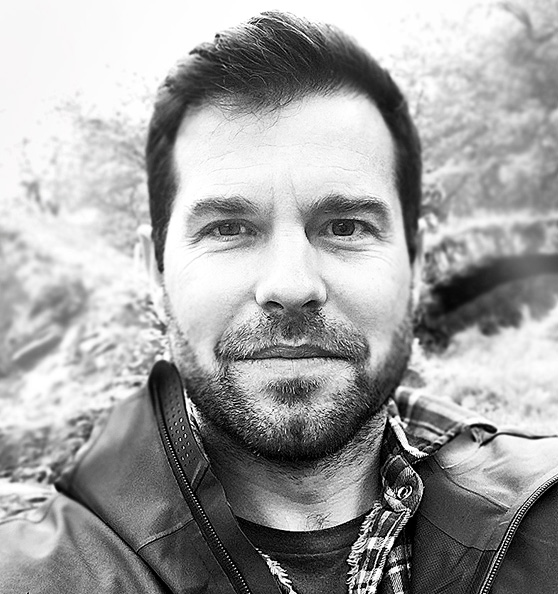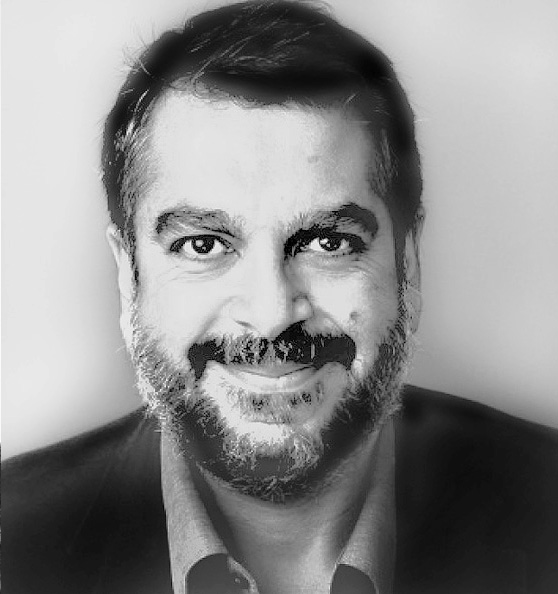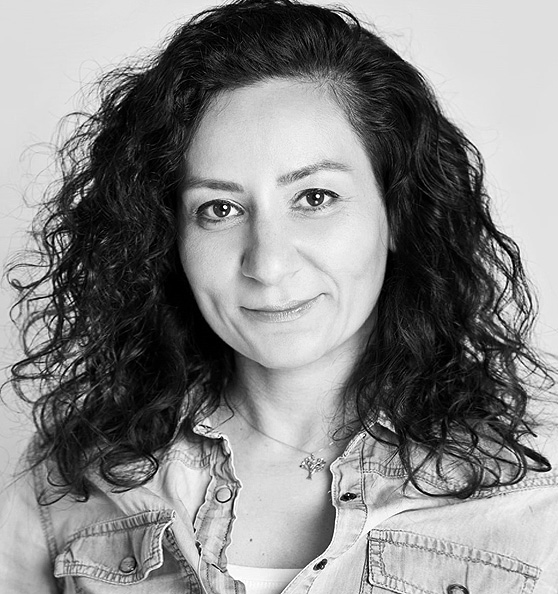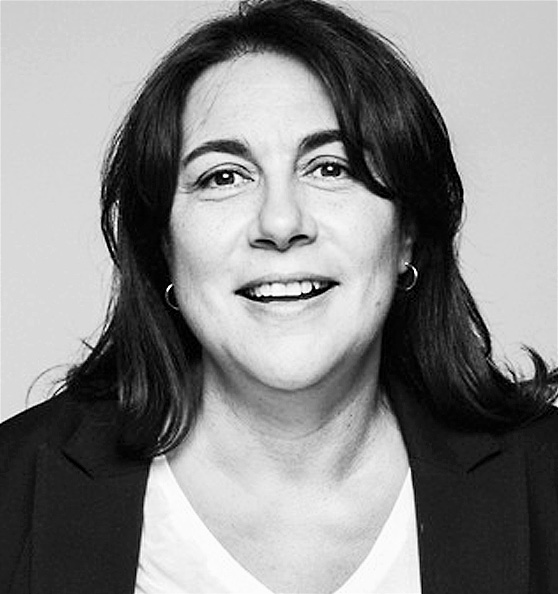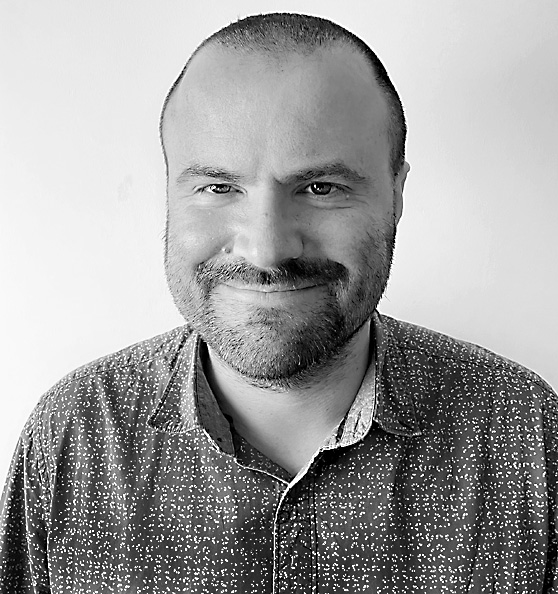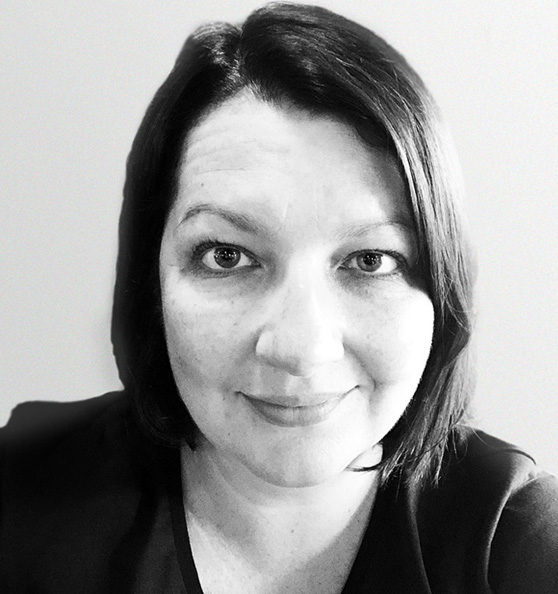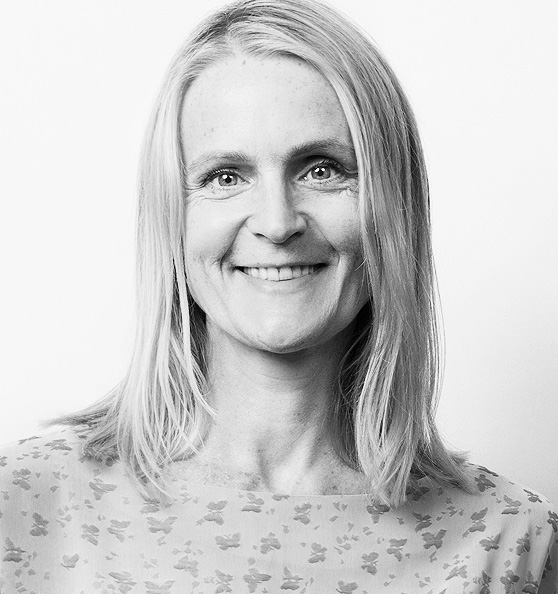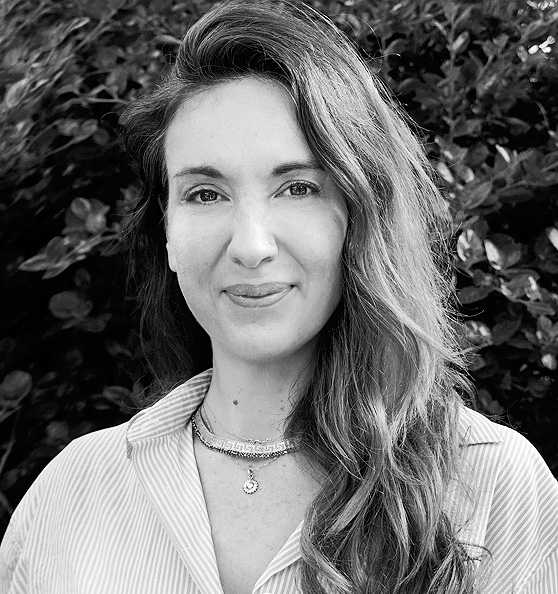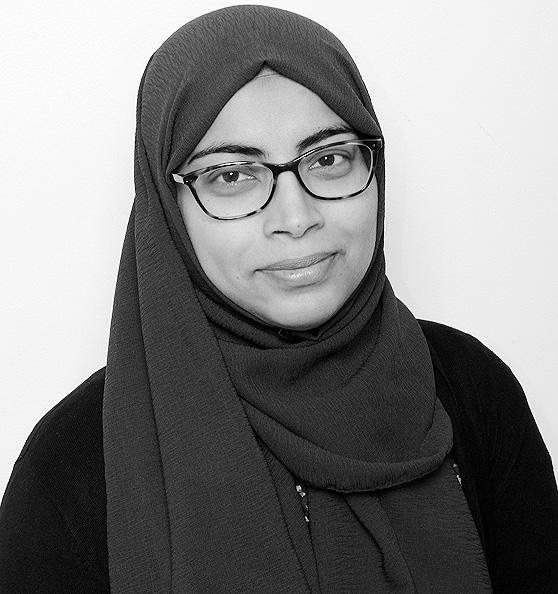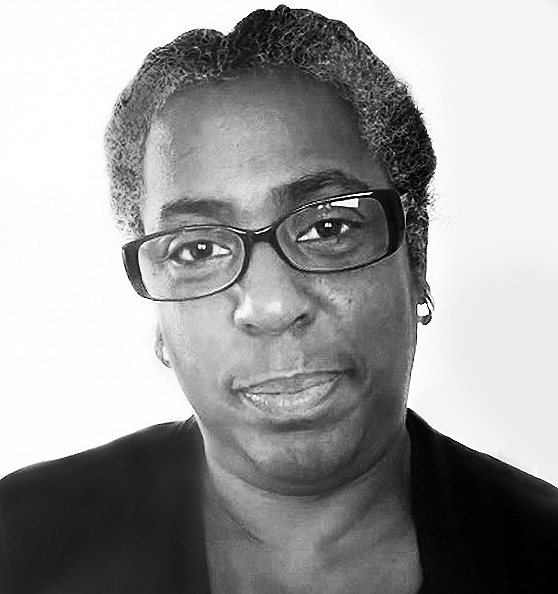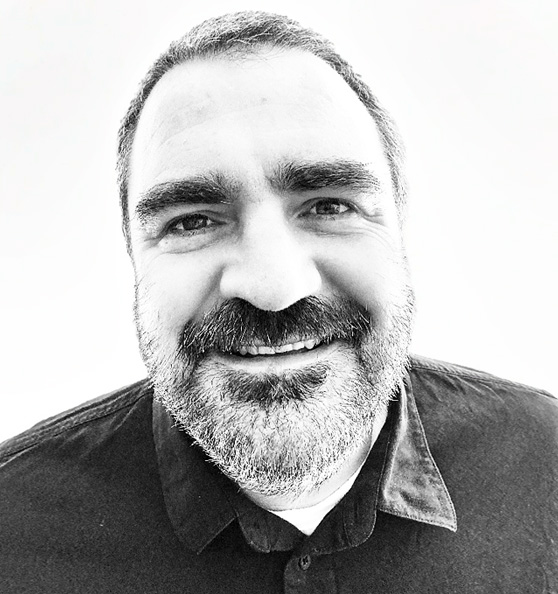A lot of people ask, “What is the difference between coaching and counselling?” and “What are the different types of coaching?” In short, while counselling is mainly reparative in nature with an aim to understand and resolve the past for healing, therapeutic coaching works with functional people and uses the past only insofar as it provides a context in which future goals can be set.
However, both counselling and coaching aim to build a person’s self and other awareness.
Therapeutic coaching is a collaborative, goal-oriented, conversational process that aims to help individuals, groups or teams achieve positive change. Coaching usually focuses on the present and the future, unlike therapy which also tries to integrate and understand your past experiences. Therapeutic coaching is about change and action.
Usually, coaches are not therapists, but therapeutic coaching can help you understand the underlying causes of problems in your life as well as work together with your coach on ways of moving forward. Some of the modalities used in therapeutic coaching include Psychotherapy, Emotional Freedom Techniques (EFT), Mindfulness and Neuro-Linguistic Programming.
Therapeutic coaching is most often used in professional situations (such as business, career, development, executive and leadership coaching), but can also be used to help with personal issues and situations such as returning to work, being an unpaid carer, facing physical and emotional problems, behavioural disorders, or mental health issues, life transitions and bereavement.
The different types of therapeutic coaching we offer include Motivational Interviewing, Life Coaching and Executive Function Coaching.




